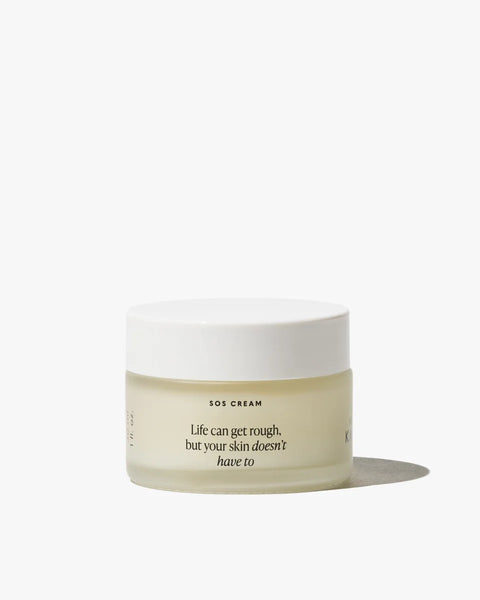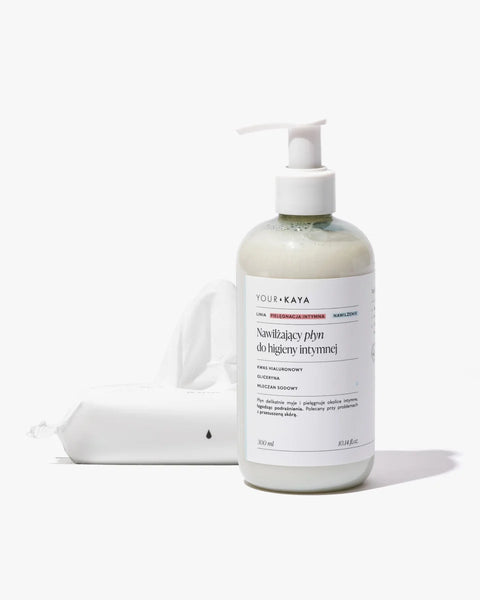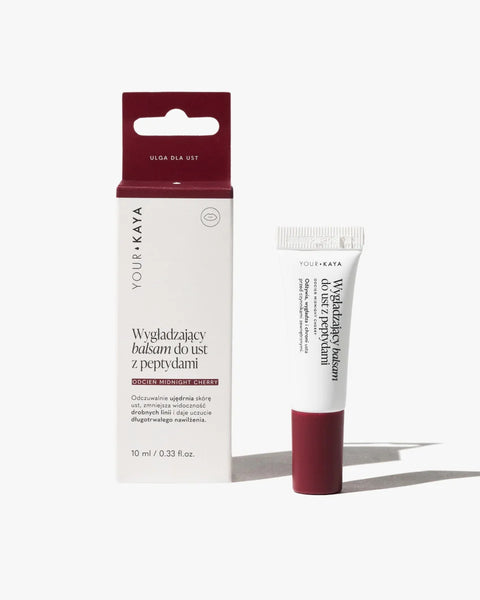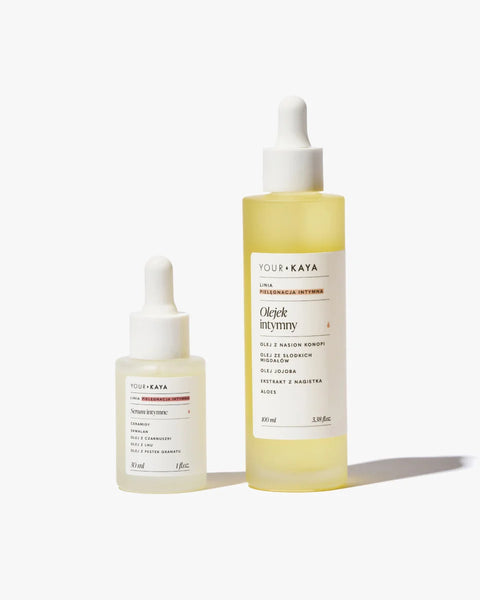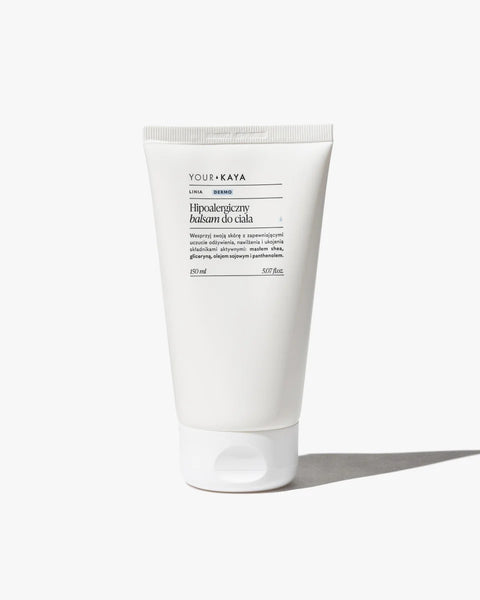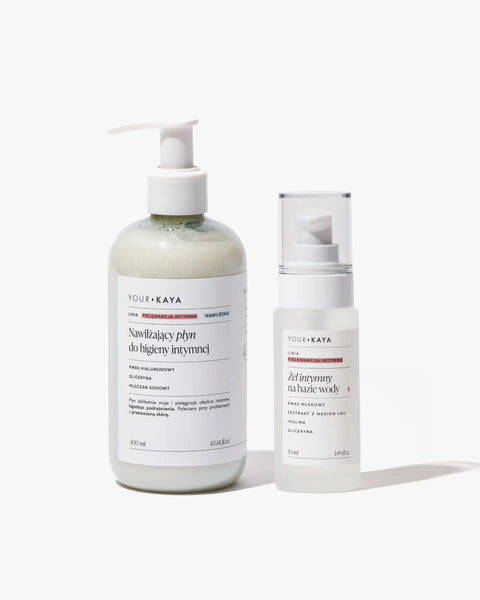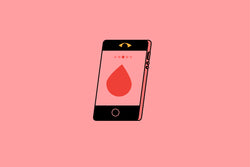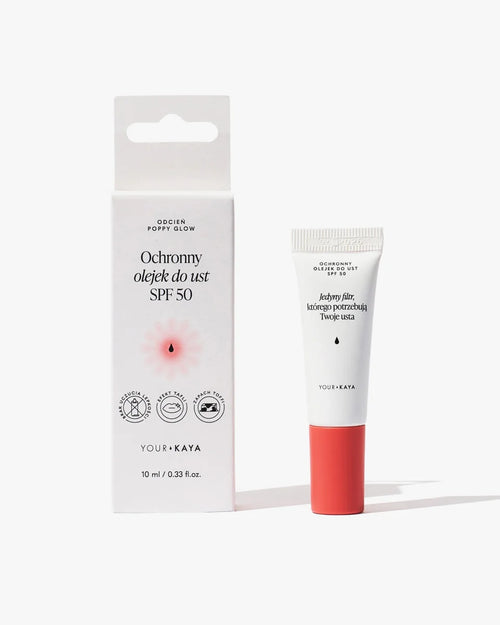Mobile calendars are advertised with slogans that promise women more convenience and freedom – there is no need to monitor the phases of the cycle, because automatic notifications ensure that the user is constantly informed about what is happening with her body. In addition, thanks to numerous additional functions, she can observe changes in the condition of her hair and skin, monitor her mood and appetite, and analyze information such as the color and consistency of vaginal discharge. Undoubtedly, all this data is important from the point of view of taking care of health – thanks to them, noticing deviations from the personal norm will allow for a faster diagnosis of potential problems. However, before we trust the applications completely, let's take a look at what their authors may want in return.
Colorful apps that provide us with detailed health reports don’t necessarily have our well-being in mind. Let’s be honest: how often do we read the app’s terms of use and privacy policy that we’re presented with when we set up a new account? These agreements are usually long, fairly general, and ambiguous, and upon a cursory glance, they may seem quite innocent. Besides, if we want to use a given service, we don’t really have a choice—“I agree” is the only option available. If we don’t like the terms, the only thing we can do is cancel the account. Developers can easily use this opportunity to force users to agree to process their sensitive data (the confidentiality of which is, after all, the basis of medical ethics) in a way they wouldn’t want at all.
What happens to the data that is collected in this way? Privacy International testers noted that over 60% of the 36 apps they tested automatically send data to Facebook. It is easy to see that our “testimony” has an impact on ads — if we inform an app about painful periods, advertising algorithms can classify us as a target group for painkillers. We are usually aware of this phenomenon, but it does not change the fact that using data on a user’s body weight to display ads for diet products, for example, has little to do with the promised freedom. It is also difficult to assess the extent to which recommended content affects not only the shopping habits of the people to whom it is displayed, but also the gradual shaping of their behavior and views.
We may suspect that companies buying data do not limit themselves to advertising profiling. There are no reports on what kind of databases are built based on our private information. The suspicion that we may be some kind of volunteers in medical experiments sounds quite paranoid, but it is worth looking into this thesis - hundreds of thousands of female users "confide" with applications about their moods, health, physical well-being, arousal, number of sexual intercourses. The application knows when we feel aroused, scared or tired. Combined with other data, such as the accounts we follow or the ways we navigate the Internet, it is easy to develop entire behavioral profiles. This information is useful not only to advertisers - let us recall, for example, the scandal involving the company Cambridge Analytica, which used the data of millions of Facebook users without consent to improve election campaigns. If political parties have increasingly better opportunities to manipulate opinions based on personal data, the security of democracy is in question.
Data leaks are the biggest controversy regarding menstrual apps, but unfortunately, that's not the end of the list of allegations. The substantive work is also questionable - many apps perpetuate the myth of the calendar method as an effective form of contraception, and the authors do not cite any scientific sources on the basis of which the functions were programmed. The interface can also leave much to be desired, and it's not about ease of use. Eve, one of the most popular calendar apps, has been criticized for addressing users as "girls" and for its graphic designation system - users can note the course of their sexual life using emoticons depicting peaches and bananas (including bananas in condoms), and can also indicate that they are "banana free". Many people find this solution funny, others criticize the authors for infantilization, which is absent in other types of health-related apps. Another example of an unsuccessful solution is the Glow Nurture app designed to monitor well-being during pregnancy. It has the option of creating an additional account for the partner, connected to the main account, which is supposed to involve him more in the course of the pregnancy. In practice, its task is to "objectively look" at the woman's mood and confirm or deny the validity of her declaration. It seems that the authors of this idea do not have much trust in women, even in the assessment of their own feelings.
Should we avoid “menstruapps” like the plague? Not necessarily. Knowing your cycle is very important, and an app can be the most convenient source of access to data about it. However, let’s check the privacy policy and other available documents. Let’s pay attention to the origin of the app — if it was created in the European Union, due to the applicable law, it is subject to more restrictive data sharing restrictions than, for example, American apps. Let’s also remember not to treat algorithms as oracles — automatically generated advice cannot replace a visit to a doctor.
Created at: 14/08/2022
Updated at: 14/08/2022









































